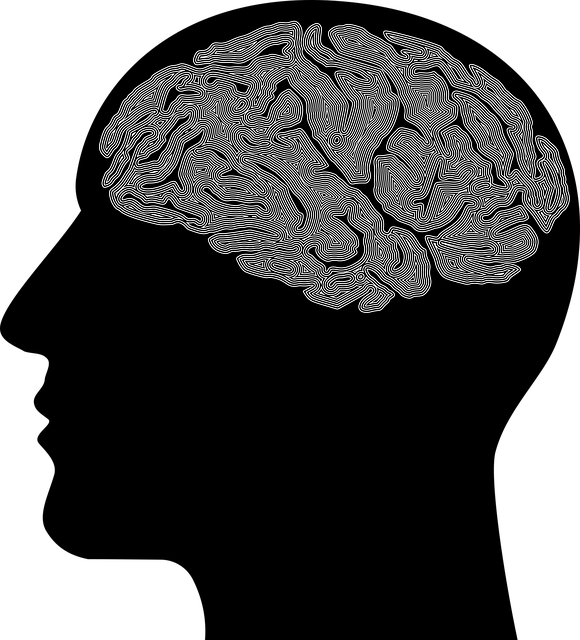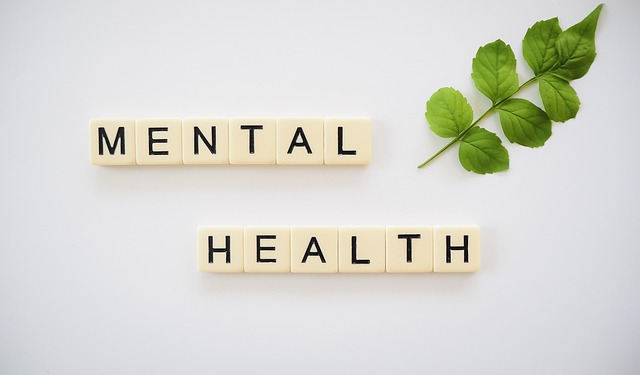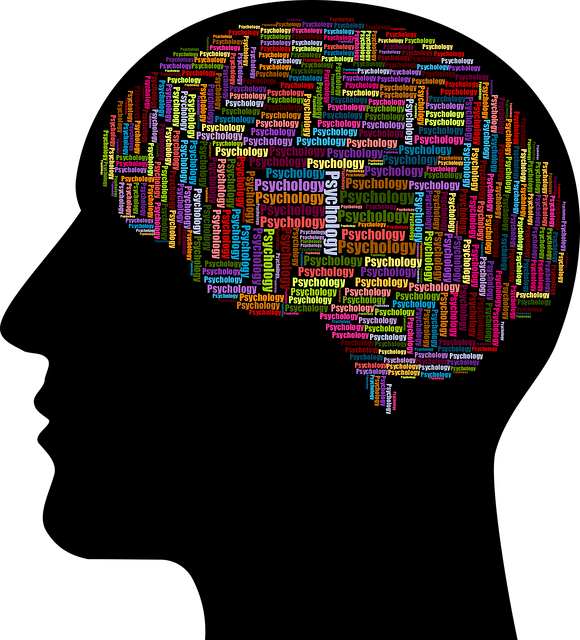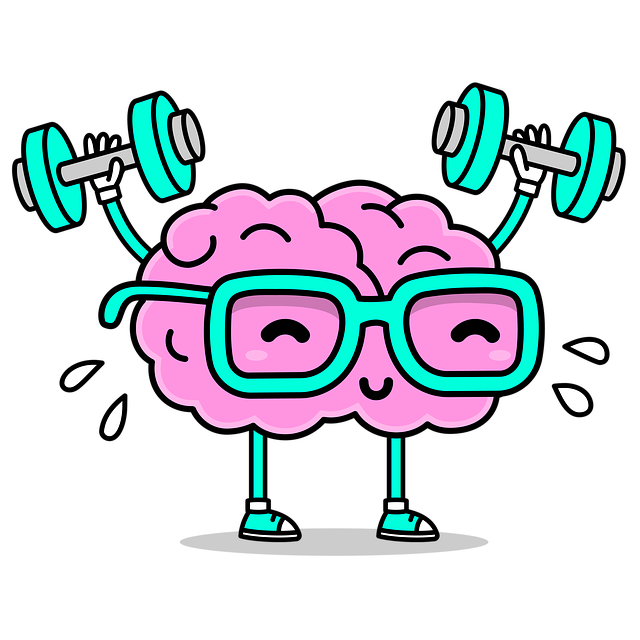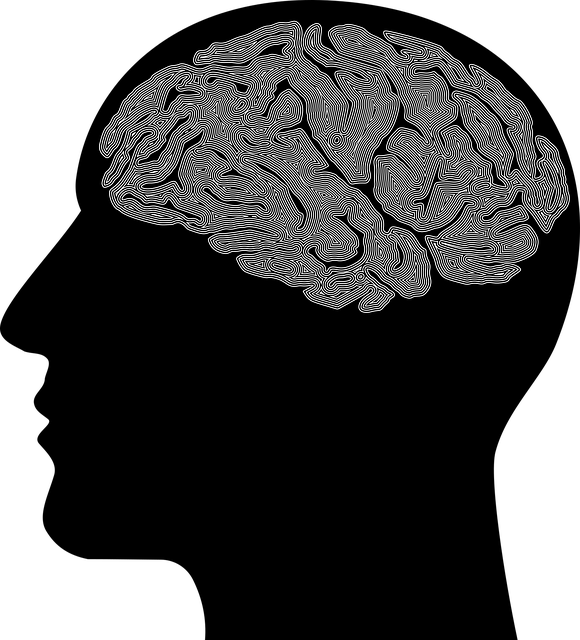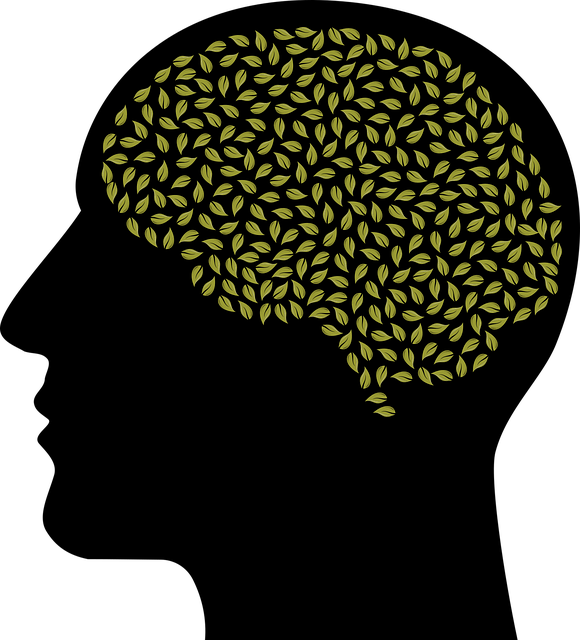Cultural competency, as championed by Lafayette Grief Counseling Therapy, is a vital tool for enhancing patient care in diverse communities. By recognizing and respecting cultural differences, healthcare providers can navigate complex scenarios sensitively, ensuring personalized treatment. Lafayette's programs integrate conflict resolution, mind over matter principles, and social skills training to empower professionals, reduce stigma, and build confidence. Through immersive role-playing and focus on emotional intelligence, they equip providers with skills for culturally sensitive care. Implementing these initiatives requires strategic planning, diverse trainers, regular workshops, peer discussions, and continuous evaluation using satisfaction surveys and improved patient outcomes as metrics of success.
Healthcare provider cultural competency training is an essential aspect of delivering quality care in a diverse society. This article explores the critical role of cultural competence in healthcare, focusing on initiatives like those provided by Lafayette Grief Counseling Therapy. We delve into the key components of effective training programs and best practices for implementation and evaluation. Understanding and enhancing cultural competency ensures that healthcare providers can sensitively navigate various patient populations, ultimately improving outcomes and fostering stronger relationships.
- Understanding Cultural Competency in Healthcare: Why It Matters
- The Role of Lafayette Grief Counseling Therapy in Sensitizing Healthcare Providers
- Key Components of Effective Cultural Competency Training Programs
- Implementing and Evaluating Cultural Competency Initiatives: Best Practices
Understanding Cultural Competency in Healthcare: Why It Matters

In the realm of healthcare, cultural competency goes beyond basic understanding; it’s a crucial tool for fostering effective communication and quality patient care. This concept involves recognizing and appreciating the diverse cultural backgrounds, values, and beliefs of patients, especially in a community like Lafayette where Grief Counseling Therapy is increasingly sought after. By embracing cultural competency, healthcare providers can navigate complex situations with sensitivity, ensuring every patient receives respectful and personalized treatment.
Integrating Conflict Resolution Techniques and Mind Over Matter Principles into training programs empowers professionals to handle cultural differences as opportunities for growth rather than barriers. Social Skills Training also plays a vital role in enhancing interaction dynamics, enabling providers to connect with patients from various ethnic and social backgrounds. Such initiatives are not just beneficial for patient outcomes; they reflect a forward-thinking approach that values diversity, ultimately strengthening the healthcare system’s ability to serve its community effectively.
The Role of Lafayette Grief Counseling Therapy in Sensitizing Healthcare Providers

Lafayette Grief Counseling Therapy plays a pivotal role in enhancing cultural competency among healthcare providers. Through its robust programs and services, this therapy center sensitizes medical professionals to the diverse emotional needs of patients from various cultural backgrounds. By delving into the intricate dynamics of grief and loss across cultures, Lafayette Grief Counseling Therapy fosters an environment where healthcare providers can better understand—and consequently offer more sensitive and effective care.
The center’s approach aligns with the Mind Over Matter Principles, focusing on mental illness stigma reduction efforts and building confidence among both practitioners and clients. By addressing cultural barriers and promoting empathy, these initiatives contribute to a more inclusive healthcare ecosystem that respects individual differences while providing holistic treatment. This sensitivity training equips providers with the tools needed to navigate complex emotional landscapes, ensuring patients receive personalized care that considers their unique cultural perspectives and experiences.
Key Components of Effective Cultural Competency Training Programs

Effective cultural competency training programs for healthcare providers go beyond surface-level awareness and focus on key components that foster genuine understanding and empathy. These include immersive experiences, such as role-playing scenarios that allow participants to walk in the shoes of diverse patients, navigating their unique cultural backgrounds, beliefs, and communication preferences. Workshops should also delve into emotional intelligence, promoting the ability to recognize and manage one’s emotions while cultivating an empathetic connection with clients from varied cultures.
Moreover, training should emphasize the importance of active listening, cultural humility, and adaptability in healthcare settings. Integrating trauma-support services and confidence-boosting techniques can empower providers to address the complex needs of individuals from diverse communities effectively. By combining these elements, Lafayette Grief Counseling Therapy’s cultural competency programs aim to equip professionals with the skills necessary to provide culturally sensitive care while offering robust emotional intelligence and trauma support services.
Implementing and Evaluating Cultural Competency Initiatives: Best Practices

Implementing and evaluating cultural competency initiatives is a multifaceted process that requires careful planning and ongoing assessment. For organizations like Lafayette Grief Counseling Therapy, integrating these practices into existing programs can significantly enhance patient care and outcomes. Best practices involve tailoring training to specific cultural contexts, ensuring diversity among trainers, and promoting continuous learning through regular workshops and peer discussions. Regularly soliciting feedback from participants helps in refining the curriculum to align with evolving needs.
Integrating trauma support services and burnout prevention strategies within these initiatives is crucial for fostering resilient healthcare environments. Stress management workshops, for instance, can equip professionals with tools to navigate high-pressure situations while promoting self-care. Organizations should track progress through qualitative and quantitative metrics, such as participant satisfaction surveys and improved patient outcomes, demonstrating the effectiveness of their cultural competency programs.
Cultural competency training is no longer a choice but an essential requirement in healthcare. By implementing best practices, such as those demonstrated by Lafayette Grief Counseling Therapy, medical professionals can create more inclusive and sensitive environments for diverse patient populations. Effective training programs should incorporate key components like awareness, knowledge, skill-building, and reflection to foster genuine cultural understanding. Navigating these initiatives allows healthcare providers to better serve their communities, improve patient outcomes, and ultimately revolutionize the way care is delivered.







